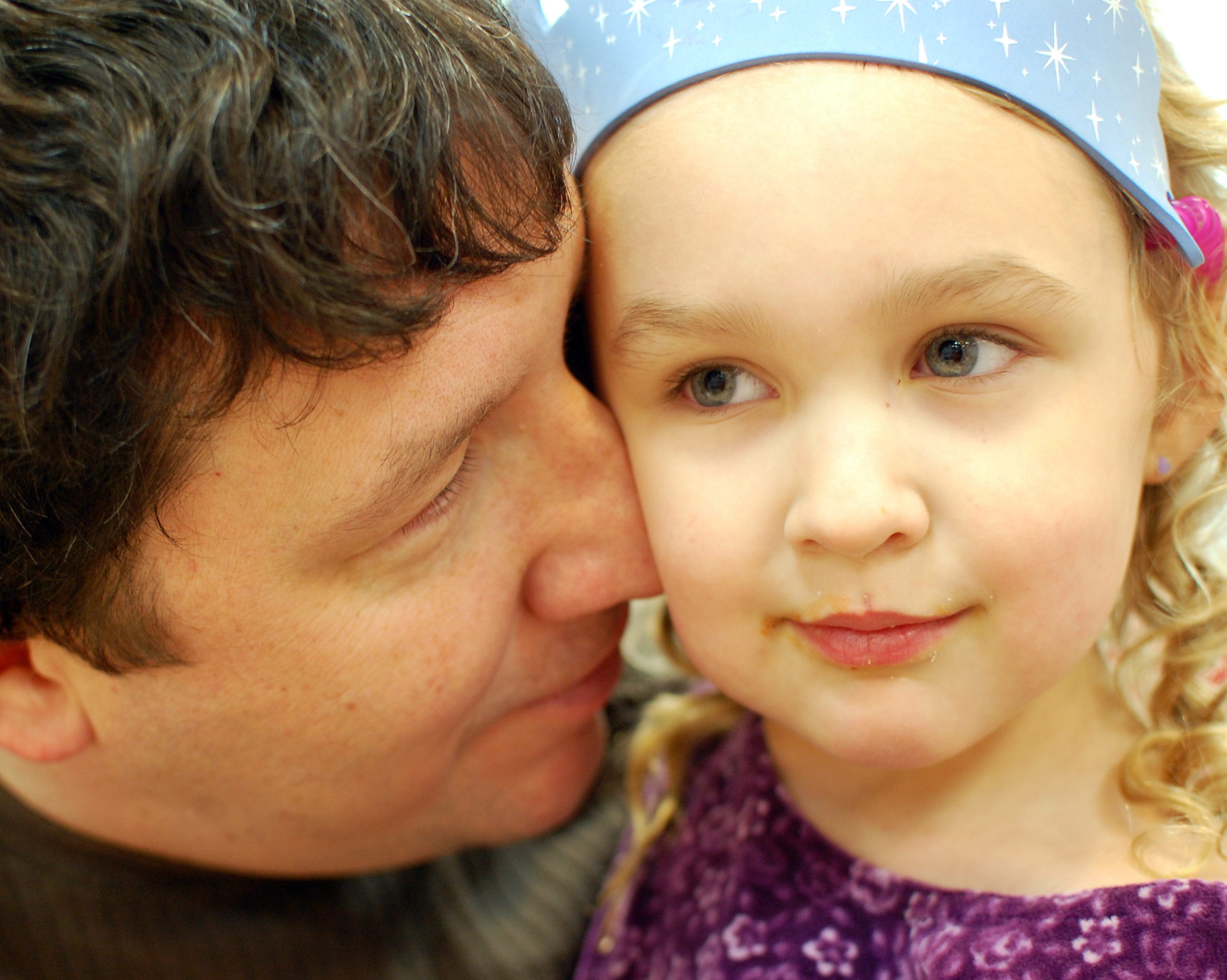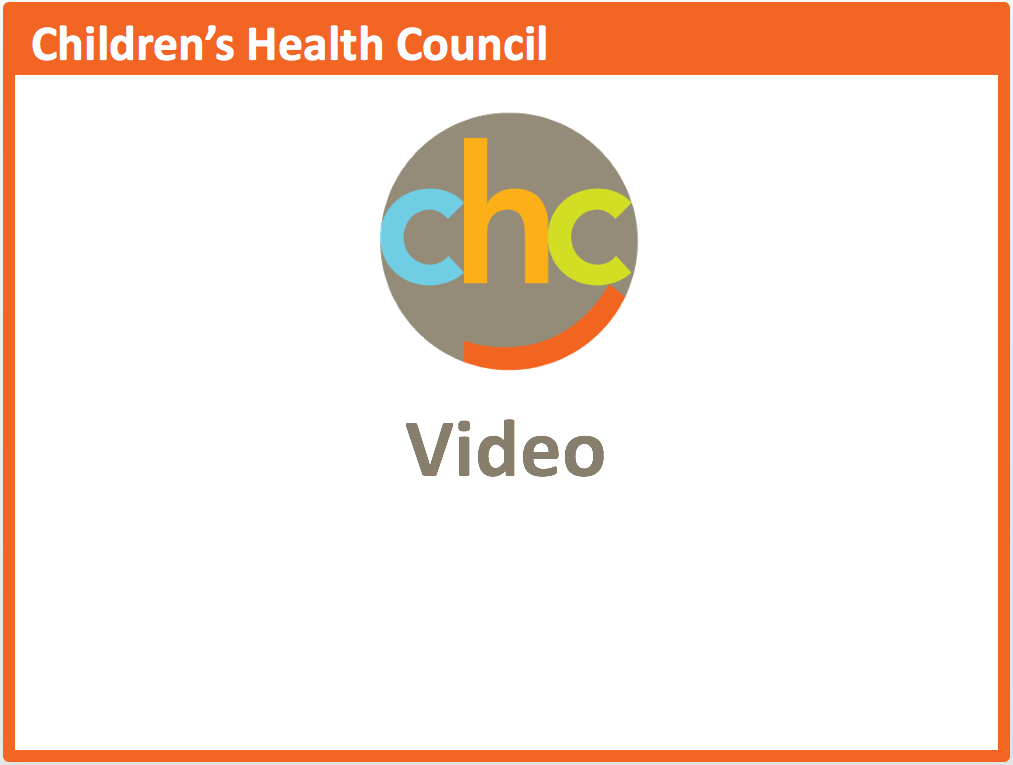
Written by Ann E. Lyke, , M.Ed., CHC Educational Specialist
Chances are, your child knew before you. She was the one sitting in class watching other kids figure out the answers before her. He was the one who pretended to read along with the class. She was the one who couldn’t remember the math facts when being timed. He was the one the teachers first told, “Pay better attention” and “You’re not trying hard enough.”
The fact is your child was likely trying as hard as she could. She was also feeling confused, frustrated and sad about having a more difficult time learning than her classmates. Your child knew before you.
Now you know for certain as well. The evaluation confirms a learning disorder. The clinicians have explained steps that would be helpful for your child and you are ready to make the changes, but how do you talk to your child about her diagnosis?
As Education Specialists at The Children’s Health Council, we frequently see that children are, first and foremost, relieved to know “that it isn’t my fault.” Although often not happy to hear that school will still be tricky, at least they know that the adults understand they have indeed been trying in school and not just goofing around. For most children, just that official acknowledgement is a big relief.
Naturally, how much you tell your child about his or her learning disorder diagnosis depends on age and maturity level. However, when explaining the results of the evaluation to a child of any age, it is important to keep in mind three words: attitude, honesty, and support.
Some parents are relieved to discover their child has a diagnosed learning disorder. Other parents have a “just work harder” attitude. Before you begin talking with your child, understand your own feelings about having a child with learning differences. Gain more knowledge by talking again with your child’s clinicians, looking at reputable websites (see list at end of article), and reading books. Understand and accept your child’s strengths and weaknesses. Remember that your attitude will carry over to your child. Your positive attitude will go far in helping your child feel better and in working with the school to assist your child. If your child’s learning difference is treated as a new fact of daily life in the family, than there is greater acceptance of a child’s areas of weakness and a greater prognosis for your child growing into a confident adult.
When explaining to your child about the results of her evaluation, stick to the facts of what you know and don’t know. While it isn’t necessary to use the term “learning disorder” with younger children, remember that they overhear adults talking about them and will likely need to use the term themselves in later years while advocating for their own needs. You can explain to your child that she has a learning difference, but that schools still call it a learning disorder. Older children often appreciate knowing more and it is more appropriate to give them more information as well as specific terminology regarding their difficulties.
Learn and understand what support is available for your child both in and outside of school. Explain to your child that he learns differently and needs additional teaching or assistance at school, but do not sugarcoat it with promises that working with a particular teacher or tutor will solve all problems in a matter of months. Depending on your child’s abilities, he may need the additional assistance for only a short time or for a few years. Do not automatically tell your child that it will be “fun” to work with Mrs. X. Hopefully Mrs. X will indeed be able to make the work more fun and less frustrating than it has been, but chances are that it will still be work to remediate your child’s areas of weakness. Please also remember that there are rarely “quick fixes” in remediating a child’s areas of learning weakness. Making your child’s educational therapy or tutoring a priority in her life is of great importance to her success. Without the consistency of the scheduled therapy appointments and home practice of skills, progress will be slower. As difficult as it can be some days to make time for the ten to fifteen minutes of practice recommended by your child’s educational therapist or teacher, making the time to practice not only assists your child in her skills but also sends the message that her education is of utmost importance.
Some parents feel that they will not be able to explain the evaluation results well or that their child will not want to hear the results from them. It is always possible to make an appointment for your child’s clinician to speak with your child about her diagnosis. The clinician will not discuss actual scores but rather your child’s pattern of strengths and weaknesses. Depending on your child’s age and maturity, and with your approval, the actual diagnosis may be discussed. The clinician will review the recommendations and explain how your child can be helped. Whether or not you sit in on this meeting with the clinician and your child, the lines of communication regarding your child’s challenges will be opened and it will be critical for you to continue talking with your child about what you both have learned.
If you have further questions about speaking with your child about learning differences and disabilities, please contact your child’s clinician or an Education Specialist at the Children’s Health Council. We will be more than happy to speak with you and your child regarding his or her learning differences.
Resources
Websites
- Understood for Learning and Attention Issues
- Child Mind Institute
- Council for Exceptional Education (CEC)
- Learning Disabilities Association of America (LDA)
Books for parents:
- Different Learners: Identifying, Preventing and Treating Your Child’s Learning Problems by Jane M. Healy, PhD
- Overcoming Dyslexia by Dr. Sally Shaywitz
- Learning Outside the Lines by Jonathan Mooney and David Cole
Books for kids:
- If You’re So Smart, How Come You Can’t Spell Mississippi? (The Adventures of Everyday Geniuses) by Barbara Esham and Mike Gordon
- Last to Finish: A Story about the Smartest Boy in Math Class (The Adventures of Everyday Geniuses) by Barbara Esham and Mike Gordon
- Thank you, Mr. Falker by Patricia Polacco
- The Survival Guide for Kids with LD by
- The Survival Guide for Teenagers with LD by
To schedule an evaluation or to get advice about your child’s challenges, call or email a CHC Care Coordinator at 650.688.3625 or careteam@stage.chconline.org






